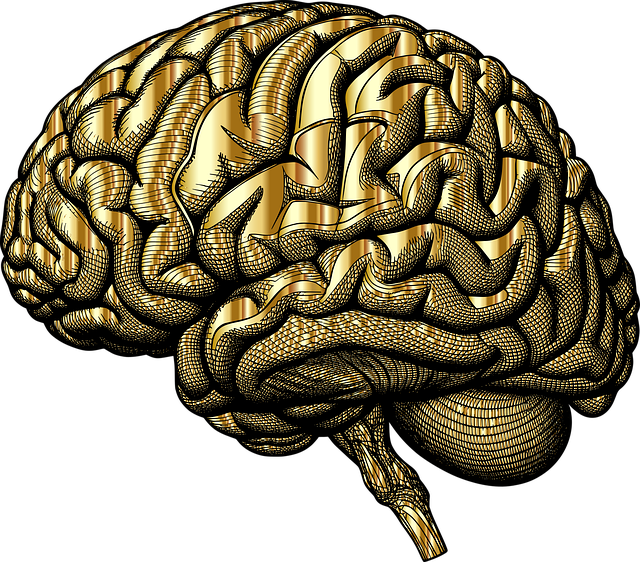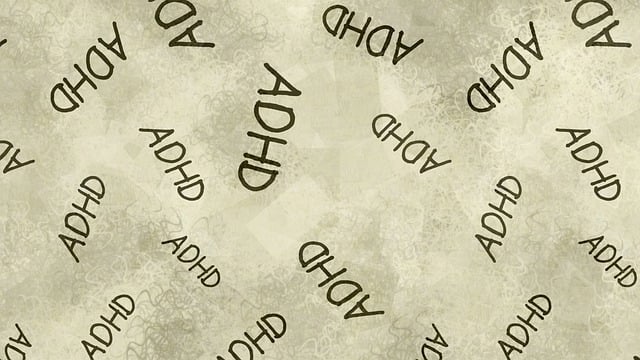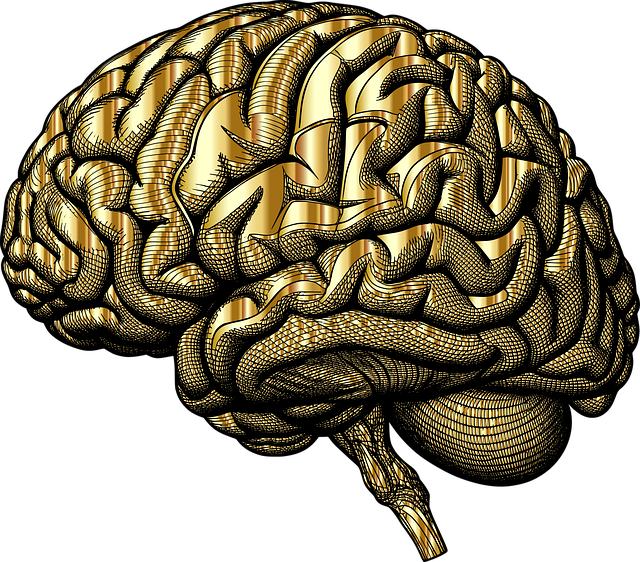Lafayette Codependency Therapy (LCT) offers a holistic mental health education program that targets codependent relationships and emotional vulnerabilities. Through interactive workshops like Stress Management, Mindfulness Meditation, and Resilience Building, LCT equips individuals with effective mood management tools and healthier interaction strategies. This comprehensive approach combines theoretical learning with hands-on activities, fostering lasting positive change in well-being and mood control. Regular evaluations ensure the program's effectiveness and refinement, making it a powerful resource for organizations seeking to empower individuals with improved resilience and emotional intelligence.
“Unveiling the power of Lafayette Codependency Therapy as a cornerstone for mental health education, this comprehensive guide delves into program design. We explore how structured learning environments can foster resilience and well-being.
From understanding the therapy’s core principles to crafting engaging curricula and implementing successful evaluation methods, each section unravels vital aspects. Discover practical strategies to create impactful programs that empower individuals on their journey towards mental wellness.”
- Understanding Lafayette Codependency Therapy: A Foundation for Mental Health Education
- Program Structure and Components: Designing an Effective Learning Experience
- Implementation and Evaluation Strategies for Optimal Impact
Understanding Lafayette Codependency Therapy: A Foundation for Mental Health Education

Lafayette Codependency Therapy (LCT) serves as a robust foundation for mental health education programs, emphasizing inner strength development and emotional intelligence. This therapeutic approach recognizes that many mental health challenges stem from codependent relationships and unaddressed emotional vulnerabilities. By focusing on these underlying issues, LCT equips individuals with the tools to manage their moods effectively and foster healthier interactions.
The program’s core principles revolve around helping participants gain a deeper understanding of their emotional responses, recognize unhealthy patterns in their relationships, and develop strategies for personal growth. This holistic approach not only addresses the symptoms of mental health disorders but also empowers individuals to navigate complex social dynamics with enhanced emotional intelligence, leading to improved overall well-being and mood management.
Program Structure and Components: Designing an Effective Learning Experience

A well-structured mental health education program is essential to creating an effective learning experience that empowers individuals to take charge of their well-being. At Lafayette Codependency Therapy, we believe in a holistic approach, focusing on various components to cater to diverse needs. The program should ideally commence with an introduction to mental health, fostering open conversations and dispelling myths. This initial phase paves the way for participants to understand the significance of self-care and personal growth.
Subsequently, incorporating interactive sessions such as Stress Management Workshops, Mindfulness Meditation practices, and Resilience Building exercises will engage learners actively. These workshops offer practical tools to manage daily stressors, enhance mental clarity, and cultivate a resilient mindset. By combining theoretical knowledge with hands-on activities, the program ensures that participants leave with tangible skills applicable to their lives, creating a lasting positive impact.
Implementation and Evaluation Strategies for Optimal Impact

Implementing a mental health education program requires a strategic approach to ensure its effectiveness and maximal impact on participants’ well-being. One key aspect is the integration of evidence-based practices and techniques that are tailored to the specific needs of the target audience. For instance, in programs addressing codependency, such as Lafayette Codependency Therapy, incorporating resilience-building strategies can empower individuals to navigate challenging relationships with enhanced coping mechanisms. This might include teaching stress management workshops, emotional regulation skills, and healthy communication patterns.
Evaluation is another critical component. Regular feedback from participants through surveys or focus groups provides valuable insights into the program’s success. Additionally, measuring improvements in mental health indicators post-program compared to baseline assessments allows for a comprehensive understanding of its impact. By combining these implementation strategies with rigorous evaluation methods, organizations like Stress Management Workshops can continuously refine their programs, ensuring they foster meaningful positive changes in participants’ lives, including improved mood management and overall resilience.
Lafayette Codependency Therapy offers a powerful framework for enhancing mental health education programs. By structuring these programs with an understanding of codependency dynamics, educators can create engaging learning experiences that effectively support students’ well-being. Implementation and evaluation strategies, such as interactive workshops, peer mentoring, and regular feedback mechanisms, are crucial to optimize the impact of these programs. Embracing evidence-based practices like Lafayette Codependency Therapy ensures that mental health education remains relevant and impactful in addressing contemporary challenges.














